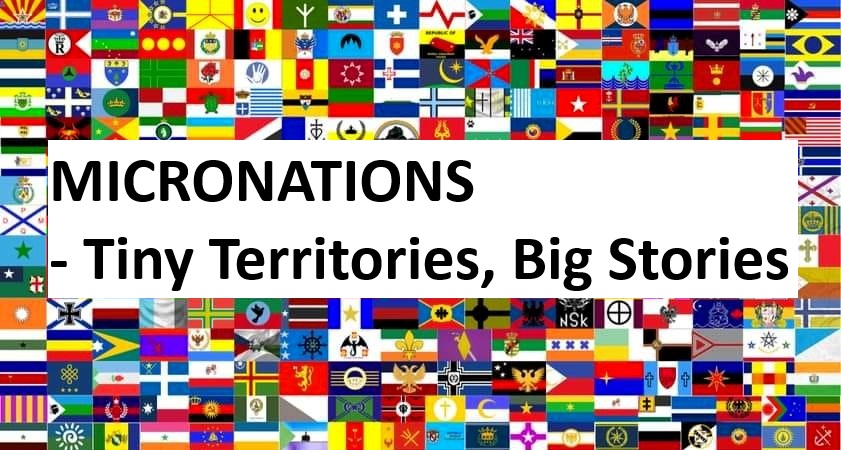
In the vast and varied world of micronations, few have claimed sovereignty with as much determination as the Imperium of DeWaCo Estates. Situated in north-central Missouri, this self-declared state operated under the leadership of Lord Imperator DeWayne Corbett, asserting independence from U.S. jurisdiction while maintaining a structured government and territorial claims.
A Bold Claim to Sovereignty
The Imperium claimed multiple land holdings, including Imperial Protectorates—leased lands within Missouri that provided unrestricted access for activities such as hunting, fishing, and camping. At its height, the Imperium managed 251,917 acres under various lease agreements, reinforcing its assertion of autonomy.
Government and Structure
Unlike many micronations that operate as symbolic entities, the Imperium functioned with a politburo-style government, where key positions were held by individuals related to the Lord Imperator by blood or marriage. Legislative affairs were managed by the Estates’ Senates and the People’s Com-Gress, with senators selected to serve under the Imperator’s directive.
The Ministries of Government (M.O.G.) were staffed by hired civilians, primarily American citizens, alongside friends and members of the Imperial Family. Additionally, the Imperium extended its influence over semi-autonomous states, such as the People’s Republic of Galt (P.R.O.G.) and the Federal Republic of Eastern Edinburg (F.R.E.E.), both of which operated under the Imperium’s protection.
A Legacy of Micronational Experimentation
While the Imperium of DeWaCo Estates was never formally recognized by any major government, its structured approach to governance and territorial claims set it apart from many micronations. Its legacy remains a testament to the enduring human desire to carve out independent identities, even within the framework of established nations.
As the world continues to explore new forms of sovereignty—whether through digital micronations or experimental governance models—the story of the Imperium of DeWaCo Estates serves as a fascinating chapter in the broader narrative of self-declared states.

